Sewer Backup Insurance: What You Need to Know
Sewer backups can be a messy and costly problem for homeowners. When the sewer system in your area becomes overloaded or compromised, it can cause sewage to back up into your home, resulting in extensive damage to your property. To protect yourself from the financial burden of sewer backup cleanup and restoration, it’s important to have sewer backup insurance.
What is Sewer Backup Insurance?
Sewer backup insurance is a type of coverage that can be added to your homeowners insurance policy. It provides financial protection in the event of damage caused by a sewer backup. This coverage can help pay for the costs of cleanup, repair, and restoration after a sewer backup incident.
It’s important to note that standard homeowners insurance policies typically do not include coverage for sewer backups. You may need to purchase a separate endorsement or rider to add sewer backup insurance to your policy.
What Does Sewer Backup Insurance Cover?
The specific coverage and limits of sewer backup insurance can vary depending on your insurance provider and policy. However, sewer backup insurance typically covers the following:
- Property damage: Sewer backup insurance can help cover the cost of repairing or replacing damaged items and structures in your home, such as flooring, walls, furniture, and appliances.
- Cleanup and restoration: This coverage can help pay for professional cleanup and restoration services to remove sewage, sanitize the affected areas, and prevent further damage or health hazards.
- Loss of use: If your home becomes uninhabitable due to a sewer backup, sewer backup insurance may provide coverage for additional living expenses, such as hotel stays and meals, while your home is being repaired.
How to Prevent Sewer Backups
While having sewer backup insurance can help mitigate the financial impact of a backup, it’s best to prevent these incidents from occurring in the first place. Here are some preventive measures you can take:
- Regular maintenance: Have a professional inspect and maintain your sewer system regularly to check for any potential issues and address them before they turn into major problems.
- Avoid flushing inappropriate items: Do not flush anything other than toilet paper down the toilet. Items like wipes, feminine hygiene products, and grease can clog the sewer system and lead to backups.
- Proper tree planting: Avoid planting trees with aggressive root systems near your sewer lines. Tree roots can infiltrate the pipes and cause blockages.
Warning Signs of a Sewer Backup
Knowing the warning signs of a sewer backup can help you take immediate action to prevent further damage. Look out for the following signs:
- Multiple drains are slow or clogged: If multiple drains in your home are slow or clogged at the same time, it could indicate a sewer line blockage.
- Unpleasant odor: A foul smell coming from your drains or plumbing fixtures may indicate a sewer backup.
- Gurgling noises: If you hear gurgling sounds coming from your drains or toilet when using other plumbing fixtures, it could signal a sewer backup.
If you notice any of these warning signs, it’s important to contact a professional plumber or a sewer backup expert immediately to assess the situation and take appropriate action.
Filing a Sewer Backup Insurance Claim
If you experience a sewer backup event and have sewer backup insurance, follow these steps to file a claim:
- Contact your insurance provider: Notify your insurance company about the sewer backup incident as soon as possible. Provide them with all necessary details, including the date, time, and extent of the damage.
- Document the damage: Take photos or videos of the affected areas before cleaning up or making any repairs. This documentation will help support your claim.
- Keep receipts and records: Keep track of all expenses related to the sewer backup, including cleanup costs, repairs, and temporary living arrangements. These records will be helpful when filing your claim.
- Work with professionals: Hire a professional restoration company to handle the cleanup and restoration process. They can provide the necessary documentation and work directly with your insurance company.
- Cooperate with the claims process: Provide any requested documentation and information to your insurance adjuster promptly. Cooperate throughout the claims process to help expedite your claim.
Restoring Your Property after a Sewer Backup
Restoring your property after a sewer backup is a crucial step in returning your home to its pre-loss condition. Working with a professional restoration company can help ensure that the cleanup and restoration process is done properly and efficiently.
If you need sewer backup cleanup and restoration services, contact (949) 209-1582 for immediate assistance. Our team of experts specializes in handling sewer backup emergencies and can help you restore your property to its original state.
What should I do when my sewer backs up?
- Contact a professional plumber or sewer backup expert.
- Avoid flushing toilets or running water to prevent further damage.
- Document the damage with photos or videos.
- Contact your insurance company to report the incident.
- Hire a professional restoration company for cleanup and restoration.
How can I prevent sewer backups?
- Having regular sewer system maintenance.
- Avoiding flushing inappropriate items down the toilet.
- Planting trees away from sewer lines.



